- 1.08K Posts
- 2.57K Comments
If Harris wins, she should put the tankies in camps, amirite? /s

 22·4 hours ago
22·4 hours agoThanks for reminding me to read this book:
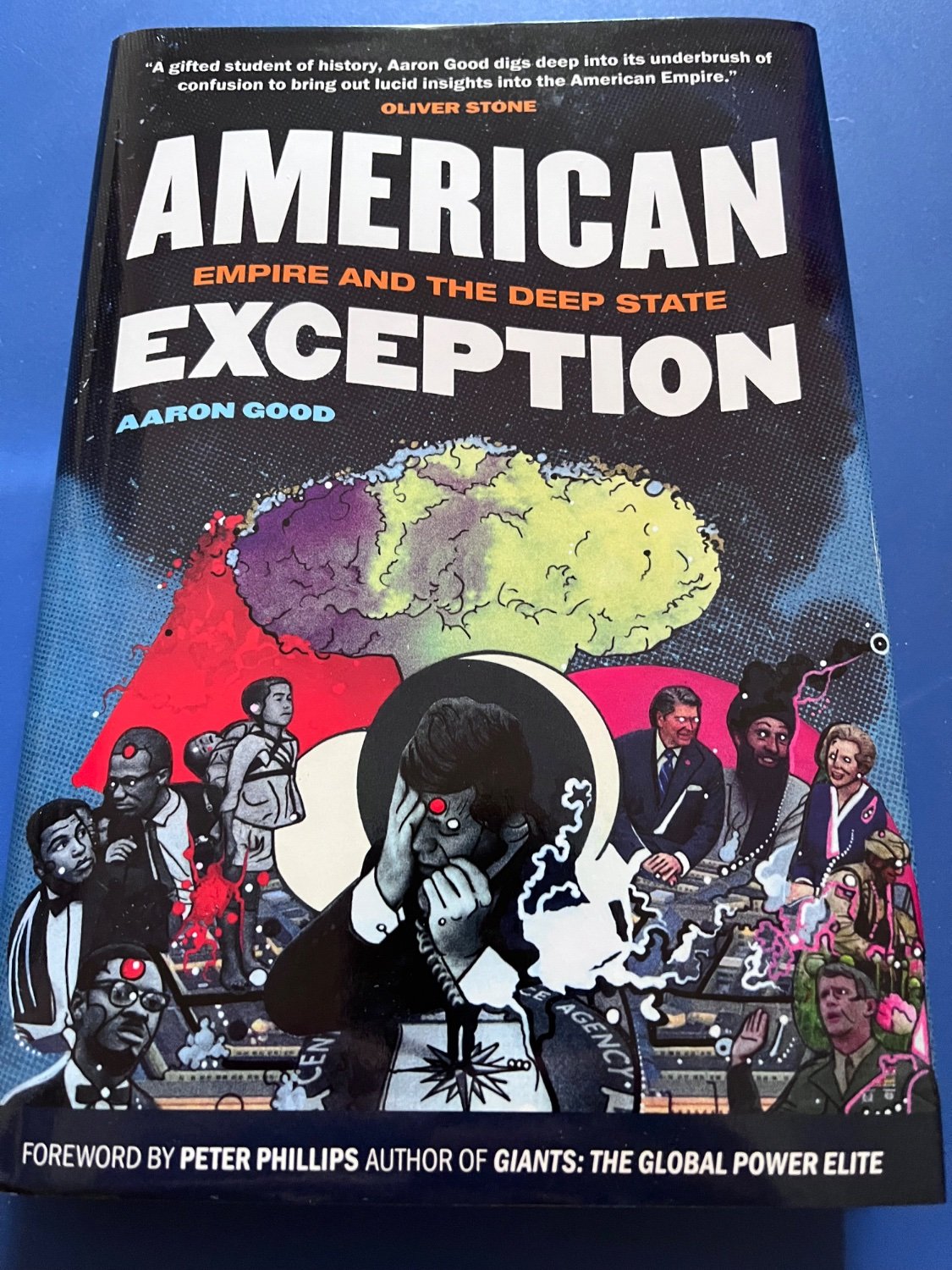

 25·9 hours ago
25·9 hours agoMy point was that we need to go back to that if we have any hope of moving forward.
So, Make America Great Again

 12·20 hours ago
12·20 hours agoHe’s becoming self aware
Economics isn’t a science either, but for some strange reason it persists.
It can be. I used it as a starting point for research. I found an interesting article that explores Hegelian dialectics and freedom.
And yet Philosophy of Science exists.

 62·1 day ago
62·1 day agoIt certainly sounds like you made the right choice for you if there is a violent history. Hope for the best for you and your brother.
His green goblin popped up for me.

 166·1 day ago
166·1 day agoI don’t know your situation, but turning from family will only harden their resolve and make them more defensive. I went through this with my mom. She voted for Trump in 2020, after years of me telling her how bad he was. I was angry and didn’t talk to her for 2 months. During this time I heard a podcast with David McRaney, about how to talk to QAnon people. It helped me to understand how they got there, and how to help them out of it. It is a process. They operate on an emotional level, and you have to relate to them on emotional level. After that, you question how they arrived at their decisions. Like:
If I asked what your favorite movie is, could you explain why it’s your favorite movie?
Emotionally connecting with them and then thoughtfully questioning their beliefs, in a non-condescending way can be beneficial. It may take days or months, but once the seed of doubt is planted, it can start a dialogue. Remember, these are people we love ❤️, we owe it to ourselves to be compassionate in conversations.

 43·1 day ago
43·1 day agoWhen you’re government has done things like the Tuskegee experiments, poor, rural people are going to be cautious.

 23·1 day ago
23·1 day agoSo, you’re not gonna tell us how to avoid packs of feral dogs?
In my case it’s a teenager who thinks JREG is a political genius.

 15·1 day ago
15·1 day ago“Third-party candidates offer a choice that is not the lesser of two evils,” Fakhoury said. “When each of the two major parties no longer believes their only opponent is the other, they’ll be able to get away with a lot less.”
Next week is not going to be fun 🤩

 72·2 days ago
72·2 days agoWord on the street is he got it from this guy—

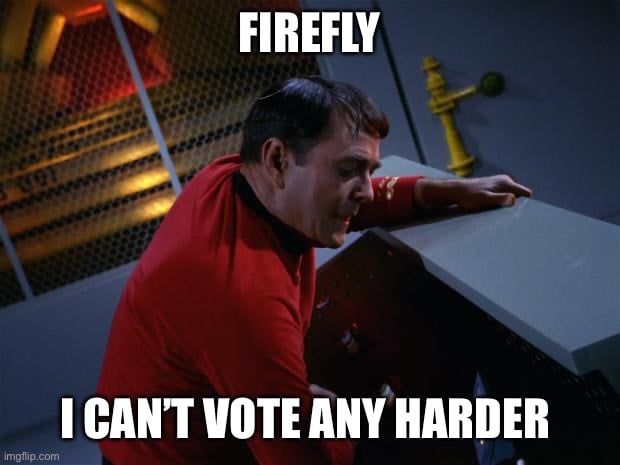

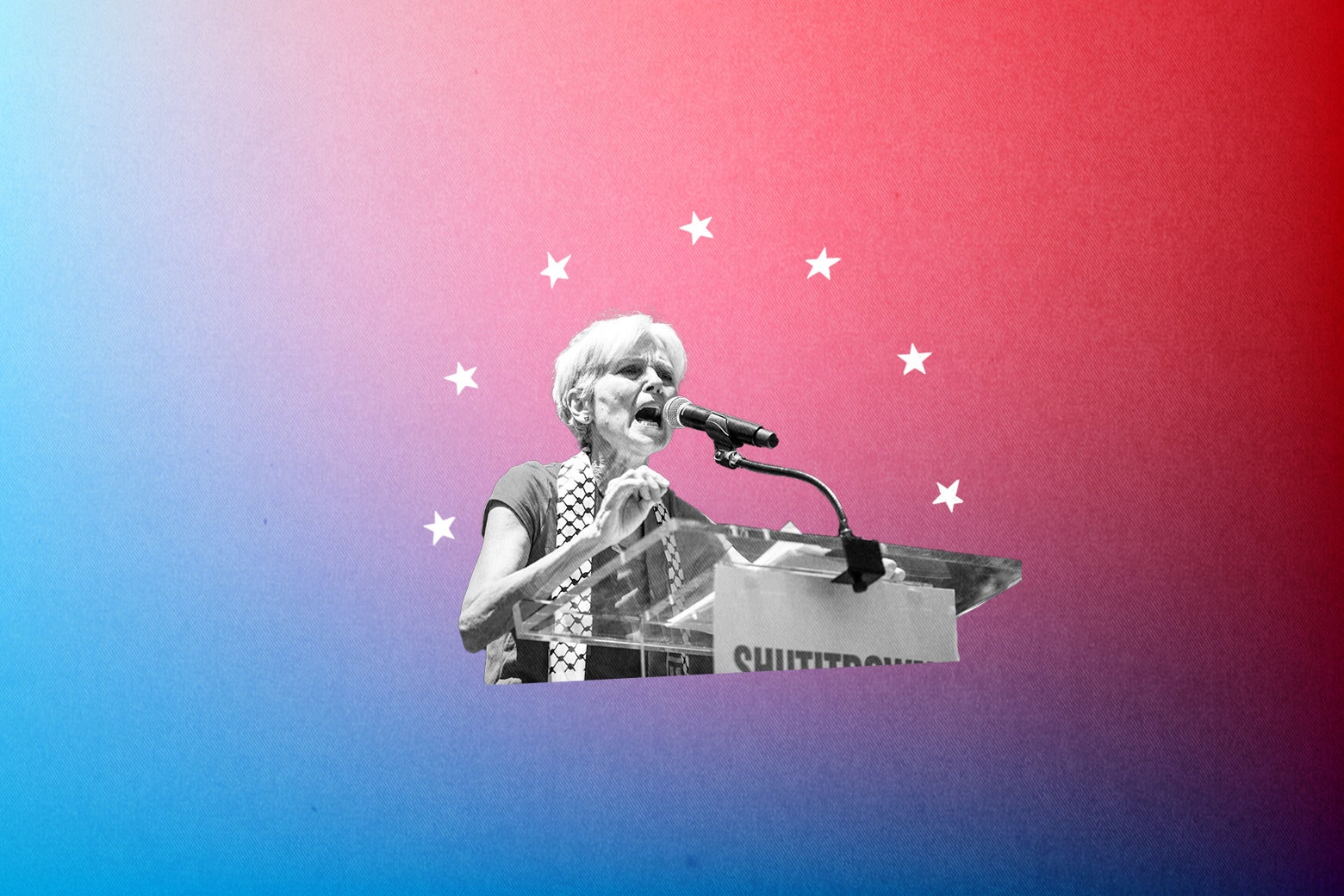
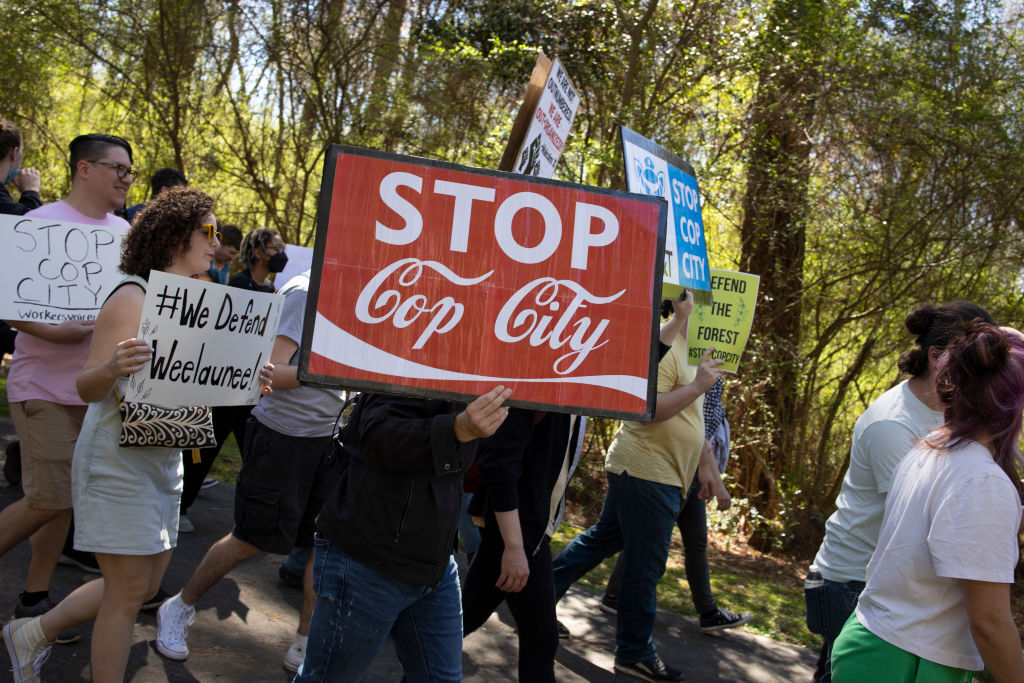









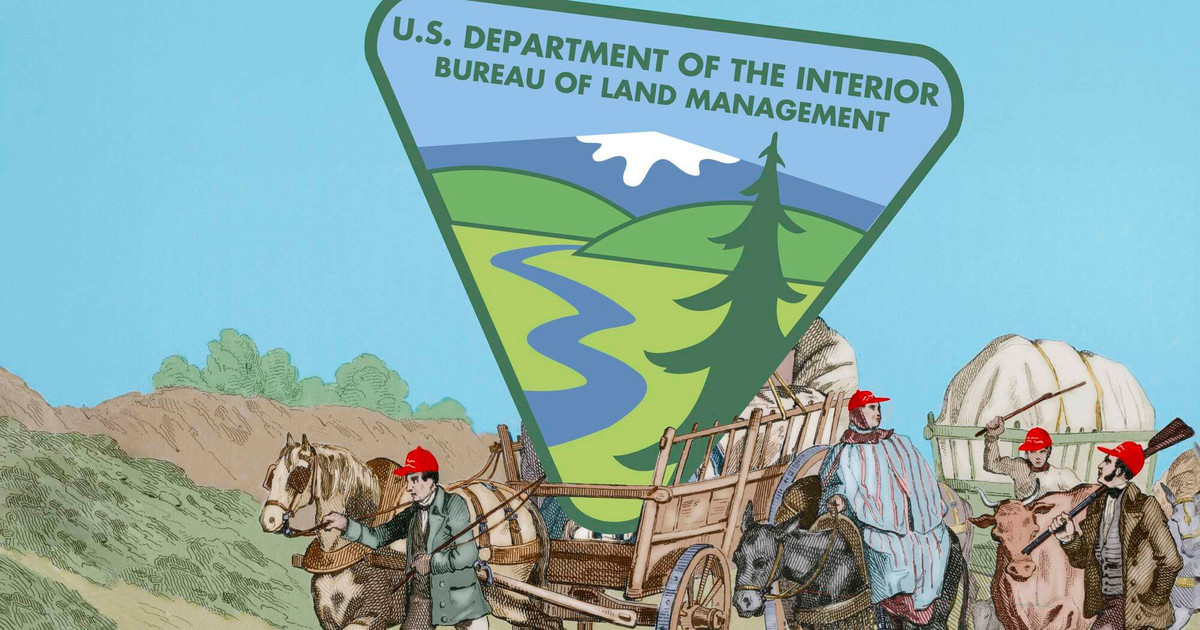
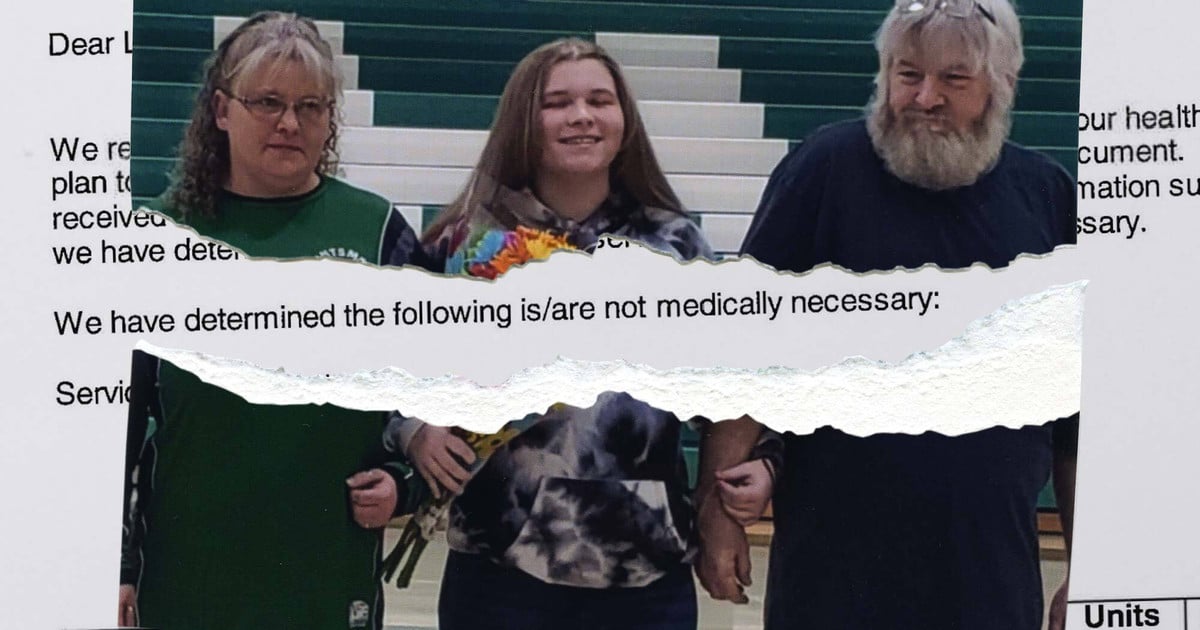
Yaqub is really smart tho